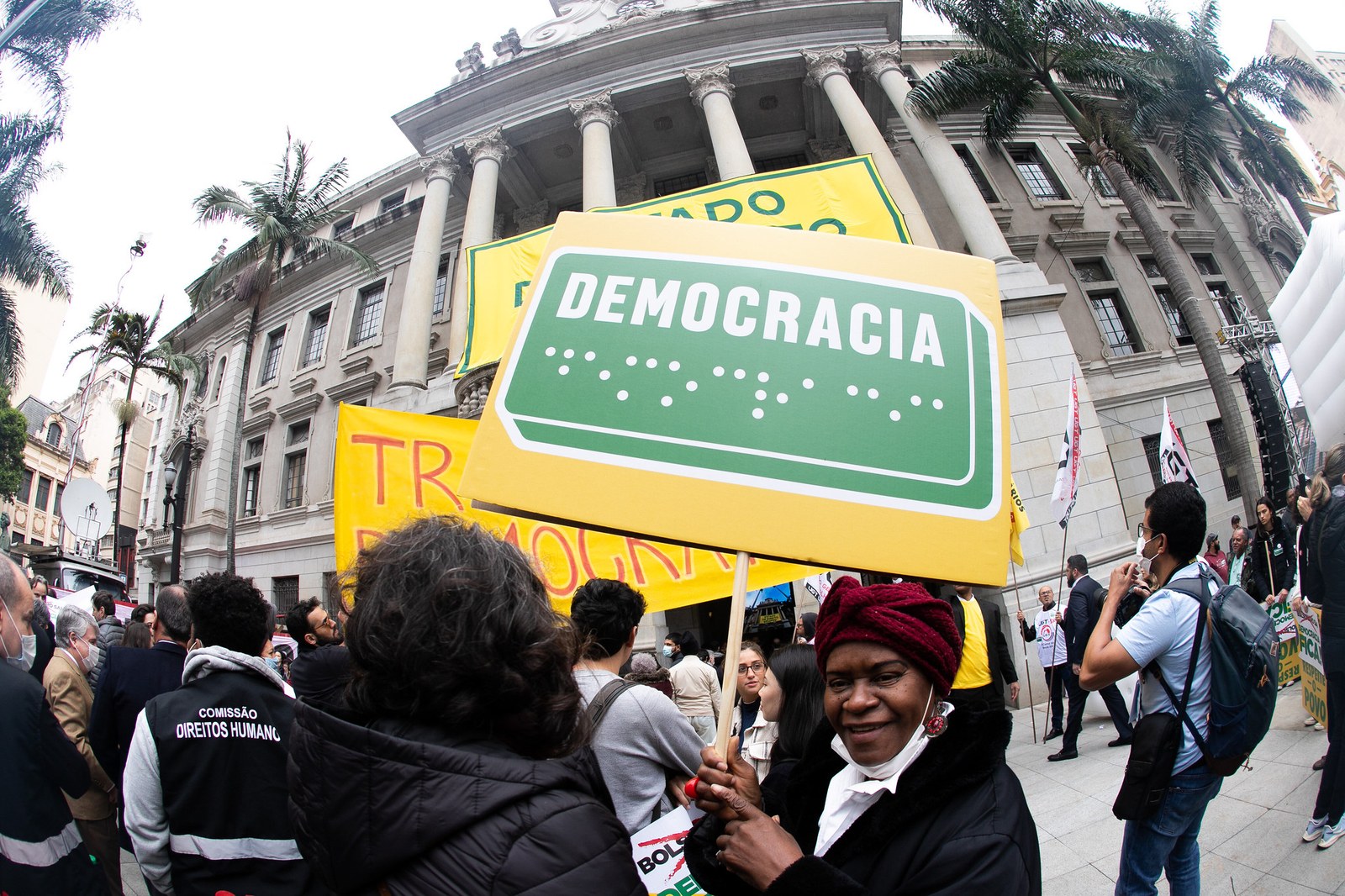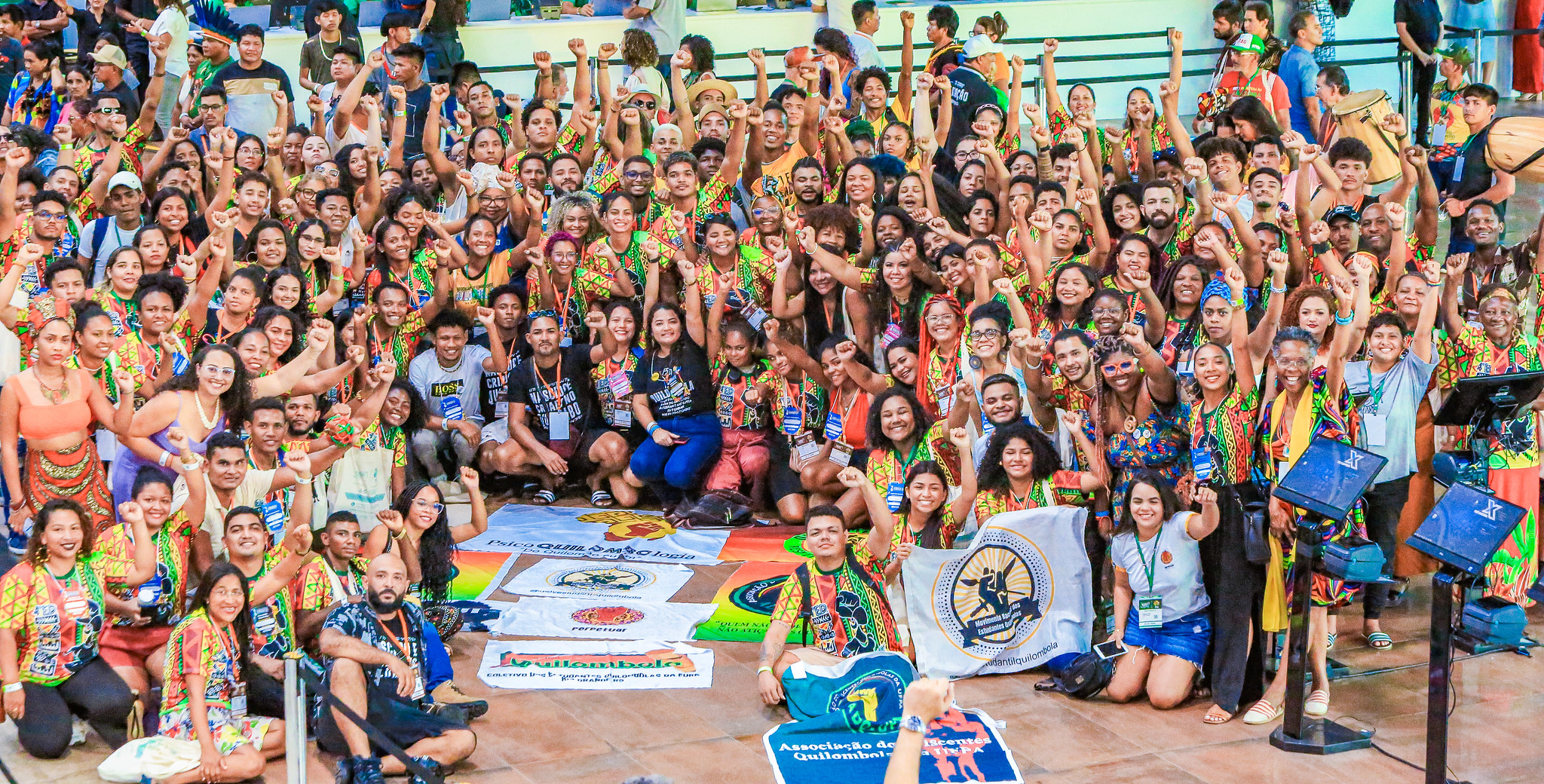
The defense of democracy for a just and sustainable world cuts across Brasil's priorities in the presidency of the G20. Seeking to establish consensus among the world's biggest economies on tackling inequality, poverty and hunger, on measures to face climate change and on the global energy transition, Brasil sees the forum as an opportunity to strengthen democratic contexts.
To this end, the country has introduced the incentive for civil society actors to take part in the G20 debates through the G20 Social, which will meet in its own summit before the Summit of Heads of State and Government in November this year. The mission of the engagement groups (EGs) is to build a document with diverse perspectives on global issues that can contribute to the leaders' discussions.
“We're going to have a whole year of debates in cities across the country to prepare the people's participation and the people's view of the world's economies, the G20 agenda and what should be debated at this G20 summit, in the light and view of the Brazilian people and the societies of the 20 most potent economies in the world," explained Márcio Macedo, Brasil’s Minister of the General Secretariat of the Presidency.
Promoting the State of Law
The participation of civil society in the G20 engagement groups encourages the basic principles of democracy in the forum's processes. The promotion of the State of Law is the theme of J20 - Supreme Courts and Constitutional Courts, which promotes the fundamental legal principles for the protection of human rights in the world. During the Brazilian presidency, the Supreme Federal Court (STF) is responsible for coordinating the group's discussions.
Since its creation in 2018, the J20 has brought to the Summit discussions on themes such as law and justice; sustainable development; strengthening the State of Law; judicial reform; global democracy; global markets; the relationship between justice and gender equality; and the role of justice systems in discussions on combating drug trafficking.
The engagement group seeks to act on bilateral and multilateral cooperation projects, with the central themes being the promotion of citizenship and social inclusion by the Judiciary; climate litigation and sustainable development; and digital transformation and the use of technology for the efficiency of Justice.
